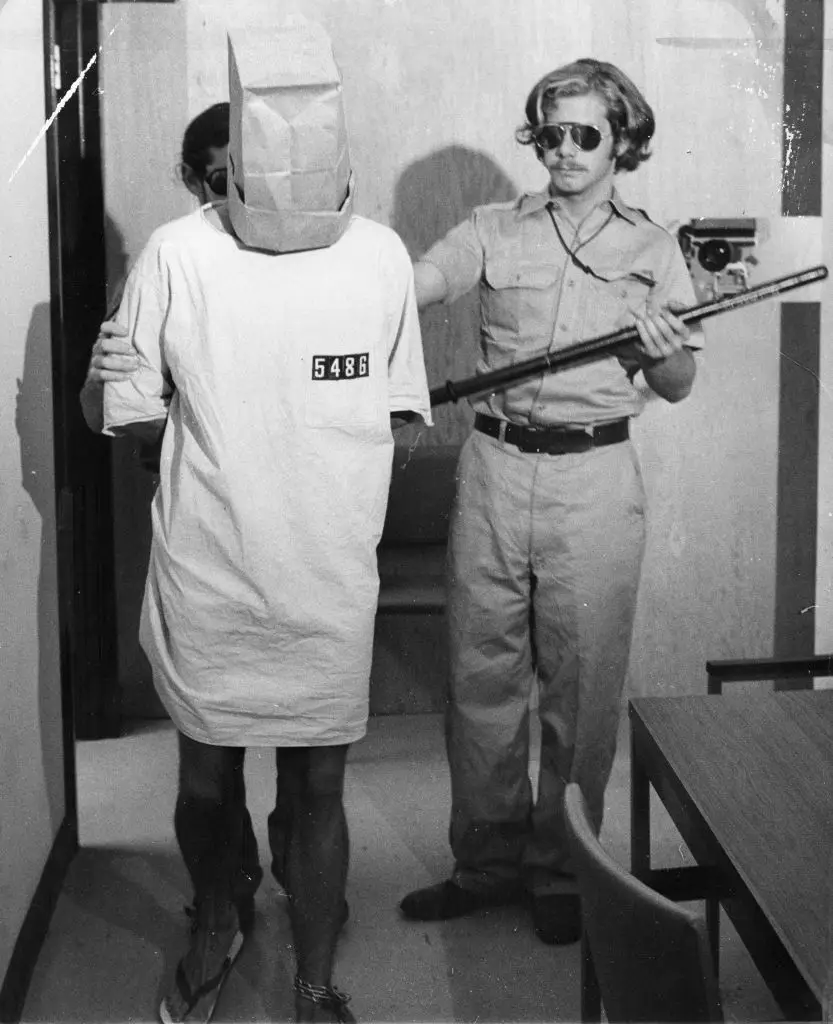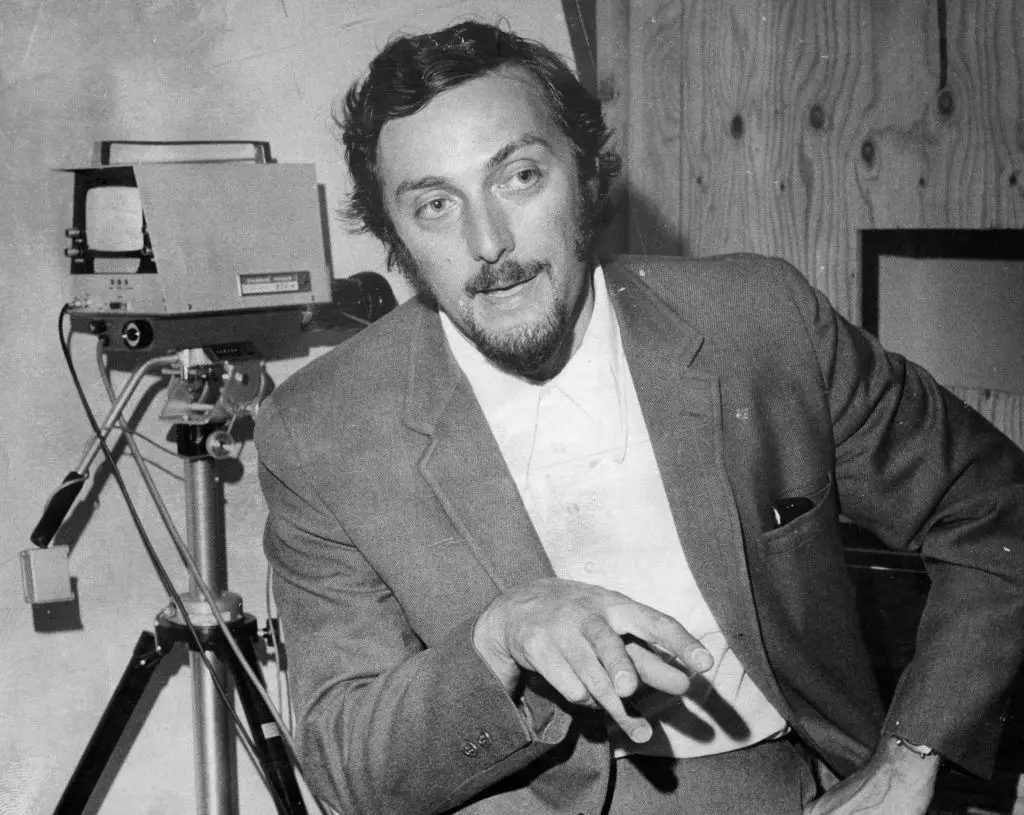
A dark psychological study was shut down early after the subjects were left traumatised.
The 1971 Stanford Prison Experiment was conduced by psychologist Philip Zimbardo, who wanted to explore what would happen when individuals were placed in positions of power within a simulated prison environment.
The study was set up in the basement of Stanford University’s psychology department, where 24 male college students were assigned to the roles of either prisoners or guards.
Zimbardo himself acted as the prison superintendent.
Advert
In total, the experiment was supposed to last two weeks, but Zimbardo was forced to terminate it after just six days.
It turns out that those who were assigned as guards displayed extreme and pretty disturbing behaviour.

The guards used abusive techniques and punishments, such as forcing prisoners to perform dehumanising tasks, all while restricting their access to basic needs like food and sleep.
On the second day, the prisoners staged a rebellion and within the first four days, three of them had to be released earlier after the experiment took a toll on their mental wellbeing.
Zimbardo later claimed that the 'social forces and environmental contingencies' meant that the guards behaved badly.
Simply Psychology reports that Zimbardo wrote: "Most of the participants said they had felt involved and committed.
"The research had felt 'real' to them. One guard said: 'I was surprised at myself.
"'I made them call each other names and clean the toilets out with their bare hands. I practically considered the prisoners cattle and I kept thinking I had to watch out for them in case they tried something.'

"Another guard said: 'Acting authoritatively can be fun. Power can be a great pleasure'.
"And another: '… during the inspection I went to Cell Two to mess up a bed which a prisoner had just made and he grabbed me, screaming that he had just made it and that he was not going to let me mess it up'.
"'He grabbed me by the throat and although he was laughing I was pretty scared.
"'I lashed out with my stick and hit him on the chin although not very hard, and when I freed myself I became angry'."
Douglas Korpi, who served as inmate 8612 in the Stanford Prison Experiment, became a prison psychologist after the study.
He said: "The Stanford Prison Experiment was a very benign prison situation and it promotes everything a normal prison promotes — the guard role promotes sadism, the prisoner role promotes confusion and shame."
The whole thing was made into a film The Stanford Prison Experiment in 2015, with Zimbardo’s active participation.